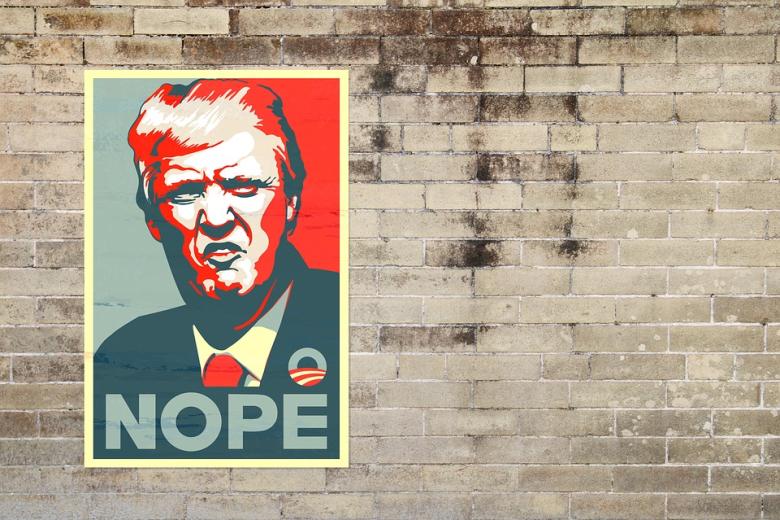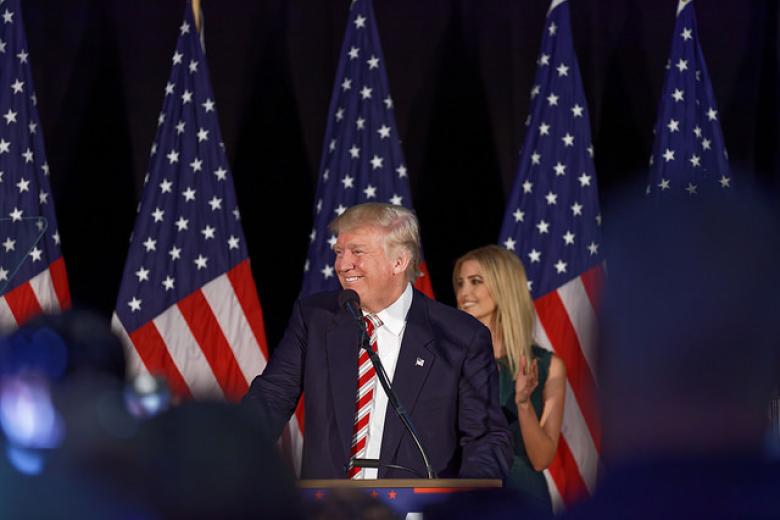Trump and the US presidential model
What we witness now shows resemblances with the new Turkish and the Russian presidential model: the president has executive powers but is also largely supported by his parliament, banning or disabling the effect of balances of power through their checks and balances.
The US model is famous for its separation of powers and above all, checks and balances: limitations upon the exercise of powers by the President and Congress. However, it seems that in recent times these checks and balances seem to be less strong and effective than in the past. Or, one could say, used for political motives more than motivated by a respect of the rule of law. We all sense that the dismissal of the director of the FBI was improper or unjust, especially since the FBI was investigating White House staff and the presidential campaign for improper contacts with Russia. It appears that the possibility to fire an investigator who is investigating improper behaviour by the President or his circles, is certainly not done and improper. And yet, according to the law it was legal.
The US President is entitled to appoint, with since 1972 the advice and consent of the Senate, the director of the FBI. Under US law the power to remove a director of the FBI is incident to the power to appoint. Congress has imposed a term limit of ten years. Directors may however be dismissed by the President upon the recommendation of the Attorney General. And now James Comey is the second director to be removed from office. So, indeed the formal black letter law power does exist, and an interference by the courts is unlikely, since the director serves at the pleasure of the president, so to speak.
The check and balance here will have to be found in Congress, but what we witness now shows resemblances with the new Turkish and the Russian presidential model: the president has executive powers but is also largely supported by his parliament, banning or disabling the effect of balances of power through their checks and balances. When that occurs the rule of law may be compromised by majority and partisan decisionmaking. This sets aside self restraint and modesty and respect for a proper functioning of the rule of law and the proper avoidance of such notions as abuse or misuse of powers.
It may be argued that at some point the system will remedy misues of powers, either after and through elections or through a popular sentiment, such as in the case of president Nixon. He fired a special prosecutor, Archibald Cox, but a short while later, this was held against him and Nixon felt compelled to himself resign. No mattter what, executive powers have increased in many states and also in the US; it is a matter of concern however if the executive is also in a position to control investigations into his own staff and himself. The spirit of checks and balances is that the other branches of government exercise their share of the burden by being seen to scrutinise and limit the president in his arbitrary exercise of his formal powers. Failing to do so, does not contribute to the rule of law, the powers of Congress and democracy.
This blog is published on Law Blogs Maastricht
-
Court of Appeals trumps Trump
When Trump tweeted "See you in Court, the security of our nation is at stake" he was absolutely right, but not as he intended it to mean. Because yes, courts are essential for the security of (the citizens of) the state.

-
Blind trust?
May the US President appoint his son in law as advisor to the White House? For quite a lot formal appointments the President needs the advice and consent (permission) from the senate, but not here. Is it permissible?
